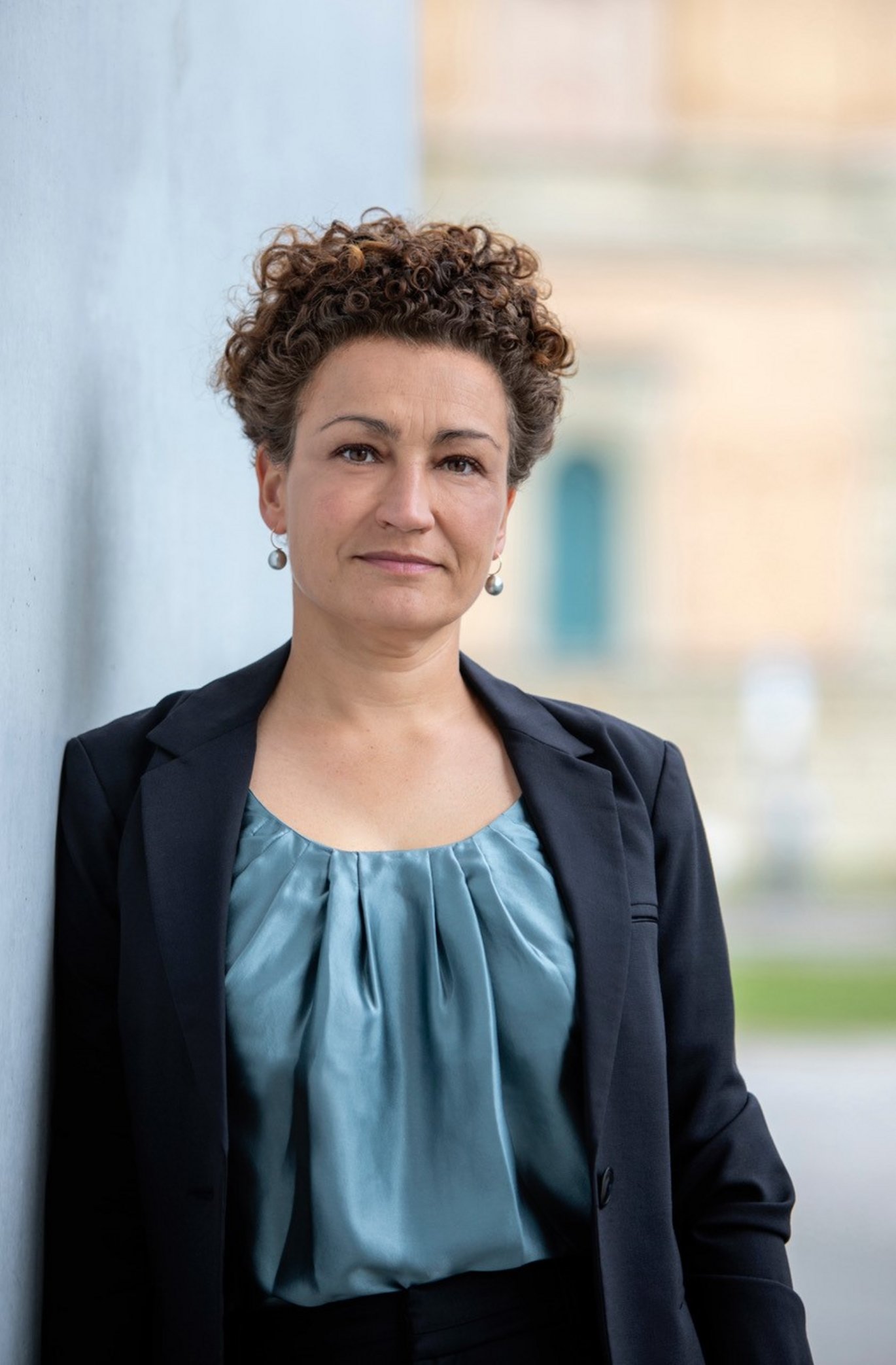Professor Rubina Raja receives prestigious international research award
The Friedrich Wilhelm Bessel Research Award is granted to Rubina Raja for her deep-founded humanities research, which crosses disciplinary boundaries. The bestowal of the award demonstrates that humanities frontrunner research also takes place in Denmark.

The Alexander von Humboldt Stiftung has awarded Rubina Raja, Professor of Classical Art and Archaeology at Aarhus University and Centre Director of the Danish National Research Foundation’s Centre for Urban Network Evolutions, the Friedrich Wilhelm Bessel Research Award. It is presented to internationally recognised top researchers outside of Germany. Calling for boundary-transcending research and high-impact academic achievements, it is one of Germany’s most prestigious research awards.
Exceptional humanities research
The award is named after Friedrich Wilhelm Bessel (1784–1846), German astronomer and mathematician, and it is funded by the German Federal Ministry of Education and Research. Common to the award winners are their outstanding research results and their promise of a lasting impact beyond their area of specialisation. What Rubina Raja does not have in common with most of the award winners, however, is her research discipline: the humanities.
It is quite a special case that a researcher from the humanities is awarded the prize. With transdisciplinary and groundbreaking research that combines classical archaeological methods with the possibilities from natural sciences Rubina Raja shows how top research within the humanities can unfold, and most importantly she shows that classical humanities require a deep-rooted knowledge of both data and sources, but just as much of historiography and the development of disciplines. The bestowal of the award on Rubina Raja demonstrates the importance of the classical humanities and what they bring modern society, and it establishes that humanities frontrunner research also takes place in Denmark.
In the assessment, Rubina Raja’s pioneering work on Palmyra’s vast corpus of portraiture and her important historiographic studies were emphasised. So were her contributions to the development of new methods in order to gain new insights into the urban spaces of the past, the development of cities and the networks of trade, goods, people and ideas. In addition to her research on Palmyra, also her high-impact research and fieldwork projects on Jerash and Rome were underlined as tackling the past through a combined lens of archaeology, urban history and religious studies engaging with methods from the natural sciences.
New interdisciplinary collaboration
Rubina Raja’s research interests stretch across the entire Mediterranean world, and especially her research that also reaches into the sphere of religious studies is important in relation to the award. As part of the “Lived Ancient Religion” ERC-project, directed by Professor Jörg Rüpke from Universität Erfurt and with Rubina Raja as co-PI (2012–2017), she has worked closely together with German and other international colleagues to study the influence of religion on ancient societies.
With the award this research at the interface between classical archaeology and religious studies can continue and be broadened to include further colleagues, and Rubina Raja will together with colleagues unfold a project on religion in the urban landscape.
More information
The Alexander von Humboldt Stiftung’s ‘Friedrich Wilhelm Bessel Research Award’
